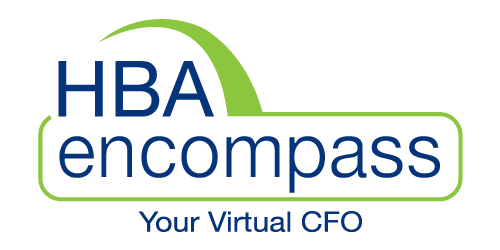Offering employees non-cash benefits
March 24, 2017 9:07 am | | Categorised in: Firm journalMost small business owners would love to be able to offer their more valuable employees a pay rise.
Increasing an employee’s pay is likely to reduce staff turnover, increase job satisfaction and boost productivity by raising motivation and commitment.
Unfortunately, most small business owners are simply not in a position to offer their staff a larger pay packet. However, there are a number of non-cash benefits that you may care to consider as an alternative course of action for recognising and rewarding good work.
These non-cash benefits may not have a dollar value. For example, allowing employees to work from home once a week or rearranging their working hours to better suit other commitments. Non-cash benefits may also have an identifiable dollar value, and in this case employers need to be aware of fringe benefits tax (FBT) before they decide to offer a non-cash benefit.
Non-cash benefits that attract FBT include, but are not limited to, personal use of a company car, cheap or interest-free loans, and entertainment in the form of food and drinks. Typically, where an employee is provided with a fringe benefit, the cost of the benefit is deducted from their gross (before tax) pay and the employer must pay FBT on this amount.
Most employers will pass this tax cost onto the employee. In most cases, FBT will not apply to benefits that are provided to independent contractors.
There are also some types of benefits that are not subject to FBT or receive an FBT concession, including some types of work-related items, living away from home allowances, and benefits that are classified as ‘minor benefits’ (less than $300).
